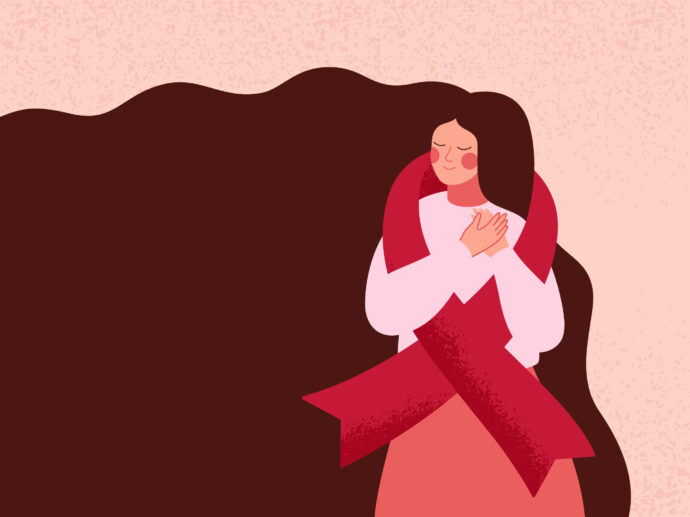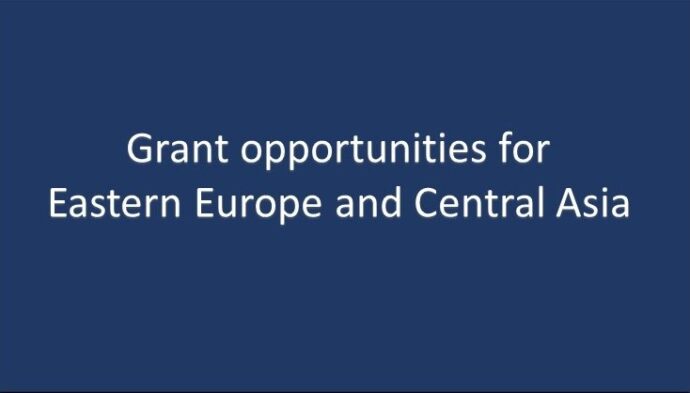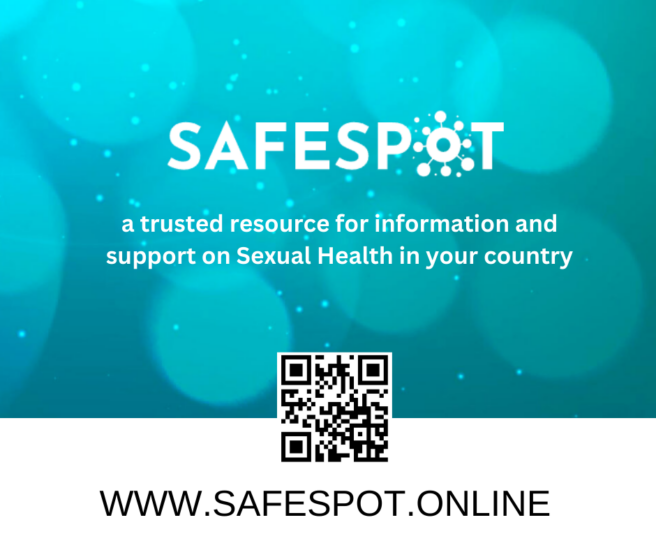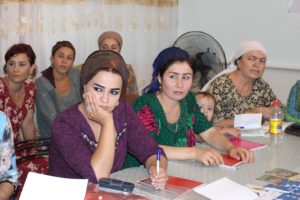 Success with harm reduction has recently been achieved in Tajikistan. HIV epidemic amongst injecting drug users also seems to stabilize and even decline. Unfortunately, HIV is still increasing as now it also enters wider community around people who use drugs (PUD) and other key populations. Sexual transmission of HIV is rising, and women is the most vulnerable group in this new wave of HIV infections. Besides, in Tajikistan there are other health related issues with tuberculosis, hepatitis and sexual and reproductive health. These are the observations of AFEW International’s director of the programs Janine Wildschut who visited Tajikistan last week to monitor the work of ‘Bridging the Gaps: health and rights for key popualtions’ programme.
Success with harm reduction has recently been achieved in Tajikistan. HIV epidemic amongst injecting drug users also seems to stabilize and even decline. Unfortunately, HIV is still increasing as now it also enters wider community around people who use drugs (PUD) and other key populations. Sexual transmission of HIV is rising, and women is the most vulnerable group in this new wave of HIV infections. Besides, in Tajikistan there are other health related issues with tuberculosis, hepatitis and sexual and reproductive health. These are the observations of AFEW International’s director of the programs Janine Wildschut who visited Tajikistan last week to monitor the work of ‘Bridging the Gaps: health and rights for key popualtions’ programme.
Empowering women is the aim
Within ‘Bridging the Gaps’ programme, AFEW Tajikistan with its partners are focusing on service delivery mainly for female drug users, female prisoners, wives and spouses of PUD. Through the Comprehensive Service Delivery Centre in Qurghonteppa, AFEW Tajikistan is delivering a broad range of services for vulnerable groups, where all groups are welcome.
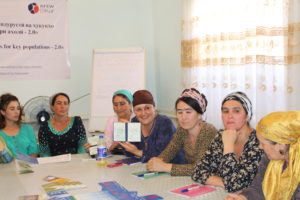 “We face the issues with health and with the rights of individuals. We want to empower women to take care about themselves, and it is very important to support them in speaking out for their interest and needs,” Janine is saying. “AFEW Tajikistan offers the unique opportunity to have HIV test on the base of the NGO. They also offer wider psycho social support and client management for women based on their needs.”
“We face the issues with health and with the rights of individuals. We want to empower women to take care about themselves, and it is very important to support them in speaking out for their interest and needs,” Janine is saying. “AFEW Tajikistan offers the unique opportunity to have HIV test on the base of the NGO. They also offer wider psycho social support and client management for women based on their needs.”
In Tajikistan Janine also conducted assessment amongst PUD that have labor migration experience. With the support of Open Society Institute Tajikistan, AFEW Tajikistan is supporting labour migrating women returnees with client management. During the focus groups, different women were asked about their needs, quality of services they received, ideas for further improvements and their lives.
Starting vocational training
Janine Wildschut also conducted interviews with NGO partners about the situation for civil society in Tajikistan, spoke with governmental partners within the health department and penitentiary system and worked with AFEW Tajikistan staff on the development and strategies within the next years of the ‘Bridging the Gaps’ programme.
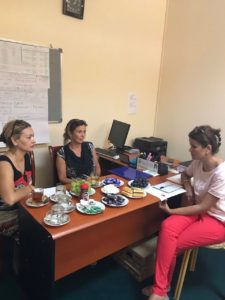 “During the focus group, opioid substitution therapy (OST) clients expressed the uniqueness of the service centre in Qurghonteppa. The biggest challenge for people is to travel every day to the OST point to pick up their methadone, since some of them live quite far and have little resources to spend on transportation,” Janine noticed. “Located nearby, AFEW branch is of big help since they can, after picking up OST, go for health checkup, self-support group or use some other support. Nowadays they are experiencing less discrimination and not such bad treatment of public health facilities because with the AFEW partner network and the AFEW referral vouchers, the attitude and climate in the health facilities in Khatlon region improved a lot. Besides, the support of social workers decreased the level of self-stigma which makes people less fearful to visit public health services.”
“During the focus group, opioid substitution therapy (OST) clients expressed the uniqueness of the service centre in Qurghonteppa. The biggest challenge for people is to travel every day to the OST point to pick up their methadone, since some of them live quite far and have little resources to spend on transportation,” Janine noticed. “Located nearby, AFEW branch is of big help since they can, after picking up OST, go for health checkup, self-support group or use some other support. Nowadays they are experiencing less discrimination and not such bad treatment of public health facilities because with the AFEW partner network and the AFEW referral vouchers, the attitude and climate in the health facilities in Khatlon region improved a lot. Besides, the support of social workers decreased the level of self-stigma which makes people less fearful to visit public health services.”
The biggest challenge people still face is the lack of work and education. For that reason, AFEW Tajikistan is considering the option of starting vocational training and enterprise. These plans will be developed in collaboration with experts and micro credit organizations that are part of the partner network.


